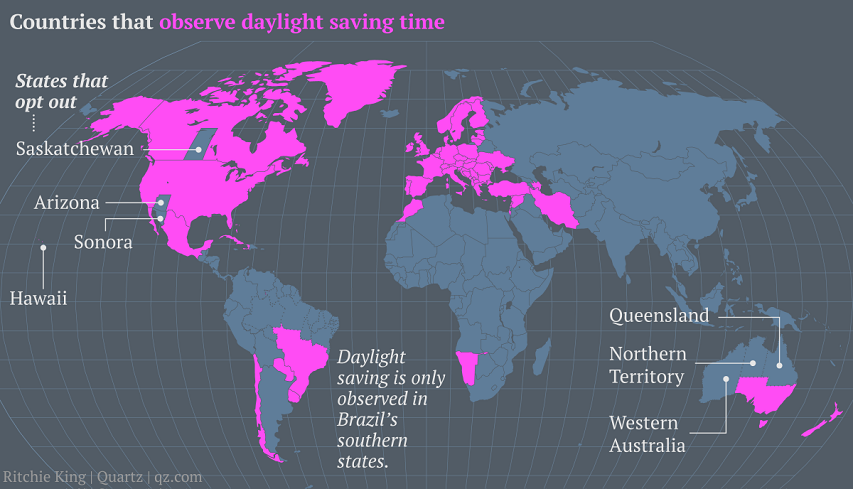I’ll be honest: I haven’t been following the twists and turns of the crusade by the Toronto media to oust Mayor Rob Ford. That’s not to say there isn’t actually news on the situation:
More bombshells are contained in a weighty police document used to obtain a search warrant for Mayor Rob Ford’s friend and occasional driver, according to a Star analysis of court information already released.
“Project Traveller and the Rob Ford connection” is the bold heading atop one section of still-sealed information. The pages are blacked out pending an ongoing court challenge.
Project Traveller was the recent guns and gangs investigation that saw massive arrests in north Etobicoke. Police Chief Bill Blair has said information learned in that probe led to the creation of the Ford investigation, dubbed Project Brazen 2. (Brazen 1 was an unrelated Scarborough investigation.)
Nearly 500 pages of a document presented before a judge to obtain a warrant to search Alexander “Sandro” Lisi’s home were released Thursday. Half is censored pending a court challenge by the Star and other media lawyers.
In examining the document, the Star has learned that some remarkable information remains sealed.
Whether any of the censored pages relate to the mysterious second video the Star first learned about in early August, and Blair confirmed last week, is not known.
The Star has been told by two sources this second video also features the mayor. Blair has said the second video is “relevant to this investigation.”
In his dramatic Thursday news conference Blair answered a question about whether Ford was in the first video. The chief first said the mayor was in “those” videos, then caught himself and only spoke about the first video.
Update: It’s worth noting that Ford’s popularity actually increased after the latest news came out.

 In today’s Star Tribune,
In today’s Star Tribune, 


